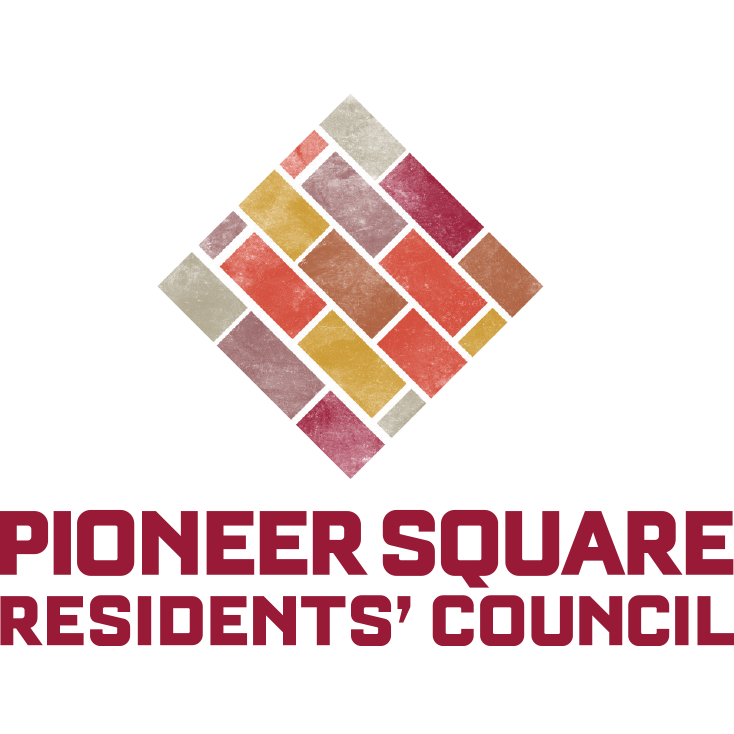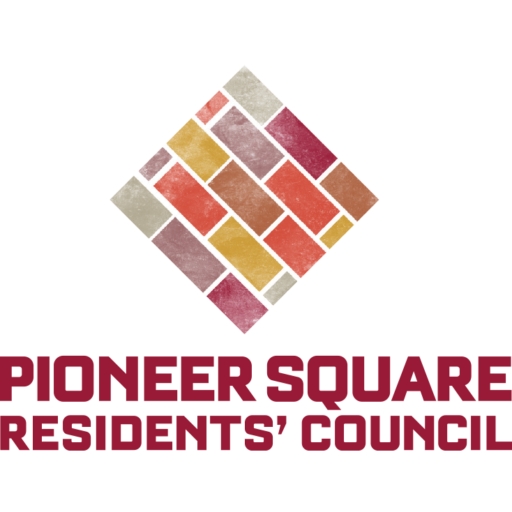15 Dec What will the Office of Economic Development do for Pioneer Square?
I met with the Office of Economic Development last week to talk about what type of services they offer to neighborhoods, businesses, and residents.
To start with, here is some background on the OED: the Director is appointed by the Mayor (and may or may not be around for the next few years under McGinn), they have around 20 employees, and their three “mottos” are Money, Management, and Markets. To read more about these, click here.
They provide the following services:
- Direct Service to Business (primarily small business)
- Support health of the downtown districts / neighborhoods
- Addressing neighborhood business district needs
- Provide small grants to businesses for marketing and promotion
- Comprehensive strategy for increasing a neighborhood’s health
Services they don’t provide:
- Incentives to retailers to move in to our neighborhood (although they do try to play matchmaker if an opportunity presents itself)
- OED says they can’t do that because WA State Constitution prohibits gift of public funds or lending of credit to private business ventures (use this for #2 and #3)
- Incentives to landlords to help offer deals to potential residents
- Incentives to residents to move to condos/apartments in Pioneer Square
- Regulations of human services (no control over making any shelters leave, or whether or not more move in)
So, background, done. Let’s get to Pioneer Square.
OED Communications Director Karin Zaugg, and Strategic Advisor Nancy Yamamoto said that the “city is aware that the economic health of Pioneer Square has been declining over the past few years.” The Mayor asked OED to do something about it.
As a result, they contacted the following stakeholders and representatives in P2: human services reps, stadium reps, historic preservation members, artists, nightlife owners, retailers, and residents. The goal would be to meet together as a group called the “Revitalization Committee” to discuss the problems facing each different group and talk candidly about what needs to be done for the neighborhood. They had their first meeting in November (that PSCA prepared for by doing a charette at the public safety meeting), where they discussed things like bringing new shoppers in, bringing new retailers in, retaining retailers, and public safety.
The OED has now brought in Donovan Rypkema, who is supposed to be a nationwide expert on commercial revitalization, and “an industry leader in the economics of preserving historic structures.”
The goal out of this month’s meeting is to produce a report on Pioneer Square that points out the neighborhood’s strengths and weaknesses. According to OED, the Revitalization Committee will come up with actionable items and a system for completing these actions. They said that as opposed to just creating a list of holistic, feel-good ideas that will never be completed, they wanted to really be smart about their analysis and action items.
Here’s the kicker (that OED didn’t mention): Rypkema was here waaay back in 2002 when he completed an analysis of Pioneer Square and made recommendations for the neighborhood.
Although I’m not sure how much serious analysis he could make in only 3 days, he provided a list of Business Improvement Recommendations. The benefit from having an “outsider” analyze the neighborhood is it potentially holds more weight when taken to the city for consideration. Although we all yell and scream about the same neighborhood problems over and over again, bringing in an expert and putting it down on paper seems to get more attention.
Back in 2002, here are some of the areas he cited where P2 could improve:
- Too small of a residential base
- Not enough diversity in retail
- No clear focus on who our target customers are
- Obvious tension between retail and nighttime businesses.
- Counter-cyclical hours should allow a bridge to be built between these constituencies that result in a wonderful 24 hour neighborhood
- Real estate community should identify specific initiatives and creative leasing structures, % leases, to fill the empty storefronts and retain our existing business base
- City should be responsible for the basics in our neighborhood such as ensuring public safety and maintaining clean/attractive streets and public spaces
One final note from his recommendations:
Pioneer Square should not try to be attractive to the “grandmother from Dubuque.” Urban historic districts should celebrate their character which is often more gritty and organic than suburban shopping districts. This can be a postive!
(this is my comeback to all of the idiots who post negative comments about Pioneer Square about the atmosphere here — they obviously don’t belong in the city, or at least in this neighborhood)
One of the problems I stated in my Elliott Bay post is that the community doesn’t have one united, strong voice that can tell the city what we need. Instead, if there are public meetings, the bar owners and stadium owners are more likely to show up than the residents, and there are conflicting interests from these groups. This Revitalization Committee is part one — finally bringing everyone together with one common goal: Revitalizing Pioneer Square (here’s my plug for voting this up on ideas for seattle — we’re moving up the list!).
Part two is making sure that these neighborhood stakeholders stay invested and work together to follow up on any action items resulting from the Revitalization Committee.
I’ll have an update tomorrow after his (2nd) presentation of how we can “fix” our neighborhood.
p.s. Just a side note — OED says that they’ve been working with Peter Aaron (Elliott Bay Book Co owner) from the beginning to try and figure out a solution. It’s just that part of the solution didn’t have anything to do with keeping it in Pioneer Square. They said they took the neighborhood into account, of course, but people need to also recognize that a business is going to make its own decisions.



Pingback:The New Pioneer Square- What will the Office of Economic … Economic Finance news
Posted at 11:39h, 16 December[…] Continued here: The New Pioneer Square- What will the Office of Economic … […]
Pingback:The New Pioneer Square- How we’re going to “change” Pioneer Square – Blog Title
Posted at 14:33h, 18 December[…] On Wednesday afternoon, many stakeholders and Pioneer Square interest groups gathered together to listen to Donovan Rypkema’s revaluation of the neighborhood. (to read more about the background of the Mayor’s “Revitalization Committee,” click here). […]